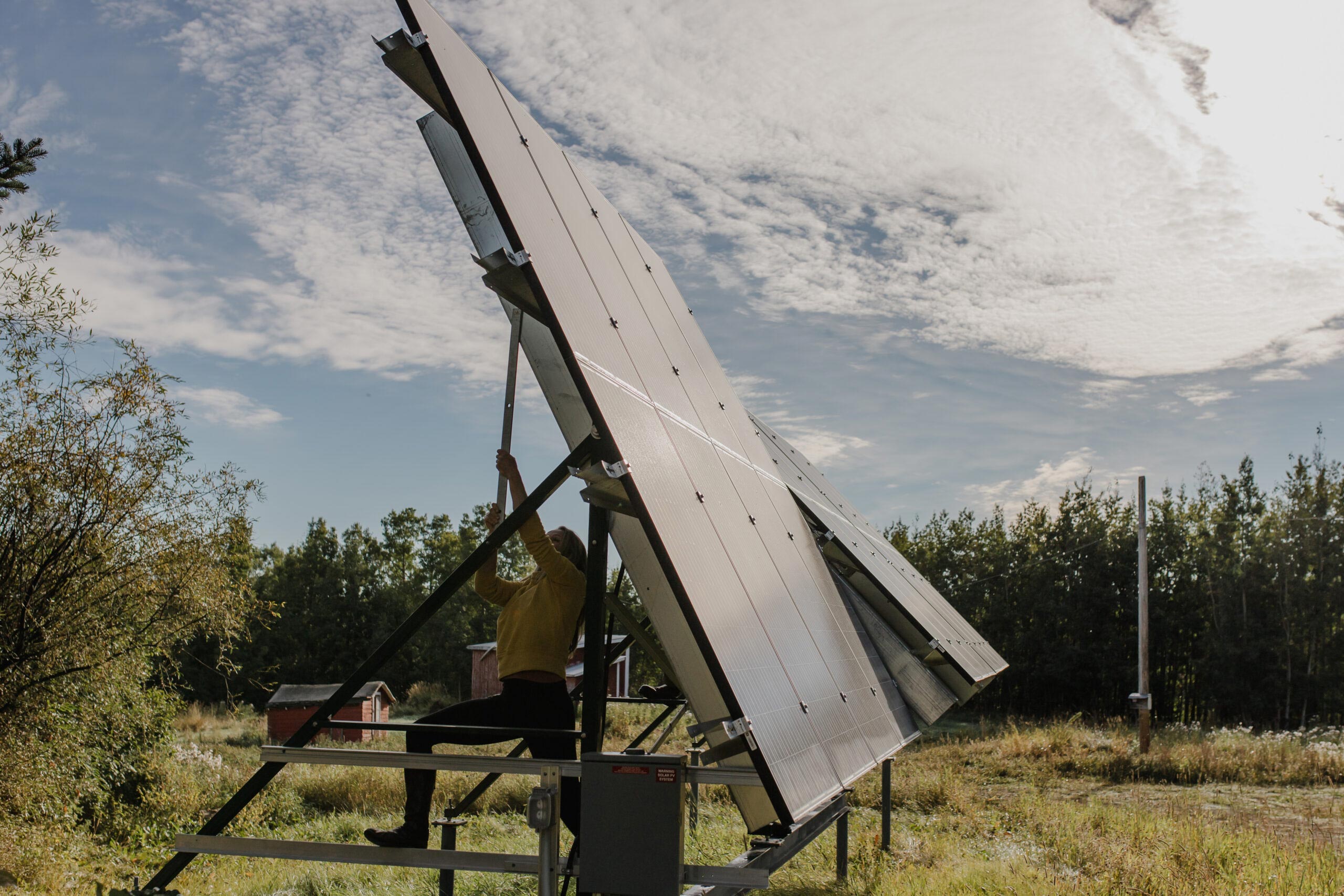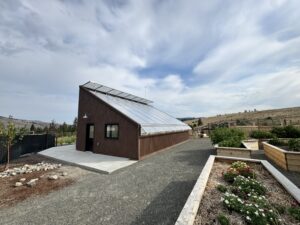Homeowners are discovering that solar power isn’t just an eco-friendly choice—it’s also a remarkably smart financial investment. Here’s why installing solar panels on your home can be one of the best decisions you make.
Financial Savings
One of the most compelling reasons to invest in solar energy is the significant financial savings. Solar panels can drastically reduce or even eliminate your monthly electricity bills, with further savings after tax dollars. With energy costs steadily rising by as high as 10.7% year-over-year in the U.S., locking in your energy price with solar panels protects you from future rate hikes.
Another rarely talked about benefit of solar is that it can fuel personal transportation. Gasoline and diesel are expensive on a per kWh basis. At $1.59 per litre for diesel, this is roughly 16 cents per kWh (one litre of diesel has 10 kWh in it). Moreover, because internal combustion engines are so inefficient, the cost per kWh deployed in a car is three times higher, based on a typical carnot cycle. Therefore, the cost per kWh in a car is 45 cents. However, a Tesla running on grid power costs only about nine cents per kWhr because the car is 95% efficient.
In short: Cars are depreciating assets that continually cost you money, yet investment in a solar array eases this burden.
Incentives and Rebates
Government incentives and rebates further enhance the financial attractiveness of solar power. Federal tax credits, state-specific rebates, and local incentives can substantially lower the upfront cost of installing solar panels. For example, the Federal Solar Tax Credit allows you to deduct a significant percentage of your solar installation costs from your federal taxes. Many states also offer additional benefits, such as tax credits and rebates, as well as Solar Renewable Energy Certificates (SRECs), making the transition to solar even more cost-effective.
Return on Investment
Solar panels offer an impressive return on investment (ROI). According to Forbes: “The average ROI of solar panels in the U.S. is about 10%. That means you’ll make an average profit of $10 for every $100 you spend on your solar power system. Over time, a 6-kilowatt solar power system saves the typical household about $1,500 per year or $125 per month.”
With ‘net metering,’ you can generate clean electricity for your own use while sending excess power to the grid for a credit to offset your future electricity consumption.
Moreover, the value of your home increases with solar panels installed. A study by Zillow has shown that homes with solar energy systems sell for 4.1% more on average in the U.S. than those without.
And, in its 2021 survey, Rocket Mortgage showed that homes with solar panels sold an average of 13.3% faster than comparable homes without them. They also found that homes with solar panels were 24.7% more likely to sell over their asking price.
Suffice to say: Whether you’re staying put or moving, investing in a solar system provides significant financial benefits.
Environmental Impact
Beyond the financial benefits, solar power is a key component in reducing your carbon footprint. Solar energy is clean, renewable, and significantly reduces greenhouse gas emissions compared to traditional fossil fuels. According to the IPCC, the carbon footprint of rooftop solar panels is roughly 12 times less than natural gas and 20 times less than coal in terms of CO2 emissions per kWh of electricity generated.
Moreover, certain solar infrastructure projects are now promoting biodiversity—with pollinator-friendly plants being planted in fields below the panels.
By choosing solar, you’re contributing to a decrease in air pollution and helping to combat climate change, thereby supporting a healthier future for yourself—and generations to come.
Decentralization, Energy Independence, and Resilience
Investing in solar panels also contributes to energy sovereignty. By generating your own electricity, you reduce your reliance on external power sources and contribute to a more resilient energy grid. In areas prone to power outages or high energy costs, having a solar power system—especially when paired with battery storage—can provide a reliable backup source of electricity and peace of mind.
Centralized fossil fuel energy systems rely on large-scale power plants that often transport energy over long distances, leading to transmission losses and pollution. In contrast, decentralized solar energy empowers individuals and communities to harness renewable resources locally, reducing dependence on fossil fuels and minimizing carbon footprints. Solar panels can be installed on rooftops, in fields, or integrated into urban infrastructure, allowing for energy generation closer to where it is consumed. This localized approach not only enhances energy security and resilience but also promotes economic growth through job creation in installation and maintenance. Furthermore, decentralized solar systems can help mitigate the inequities of energy access, providing clean power to underserved areas that traditional grid systems often overlook.
Embracing decentralized solar energy represents a regenerative and equitable pathway toward a cleaner—and more abundant—energy future.
Technological Advancements
Solar technology has advanced rapidly in recent years, making it more efficient and affordable than ever before. Modern solar panels are highly efficient, durable, and designed to integrate seamlessly with your home. Other innovations in solar technology, including improved battery storage solutions, continue to enhance the performance and affordability of solar power systems.
Investing in solar energy is a wise choice for homeowners looking to reduce their energy bills, increase their property value, and contribute to a healthier planet. With attractive financial incentives, strong ROI, and the benefits of energy independence, solar panels represent a forward-thinking investment that pays dividends long after installation. As technology continues to advance and costs decrease, there’s never been a better time to consider making solar power a part of your home.





